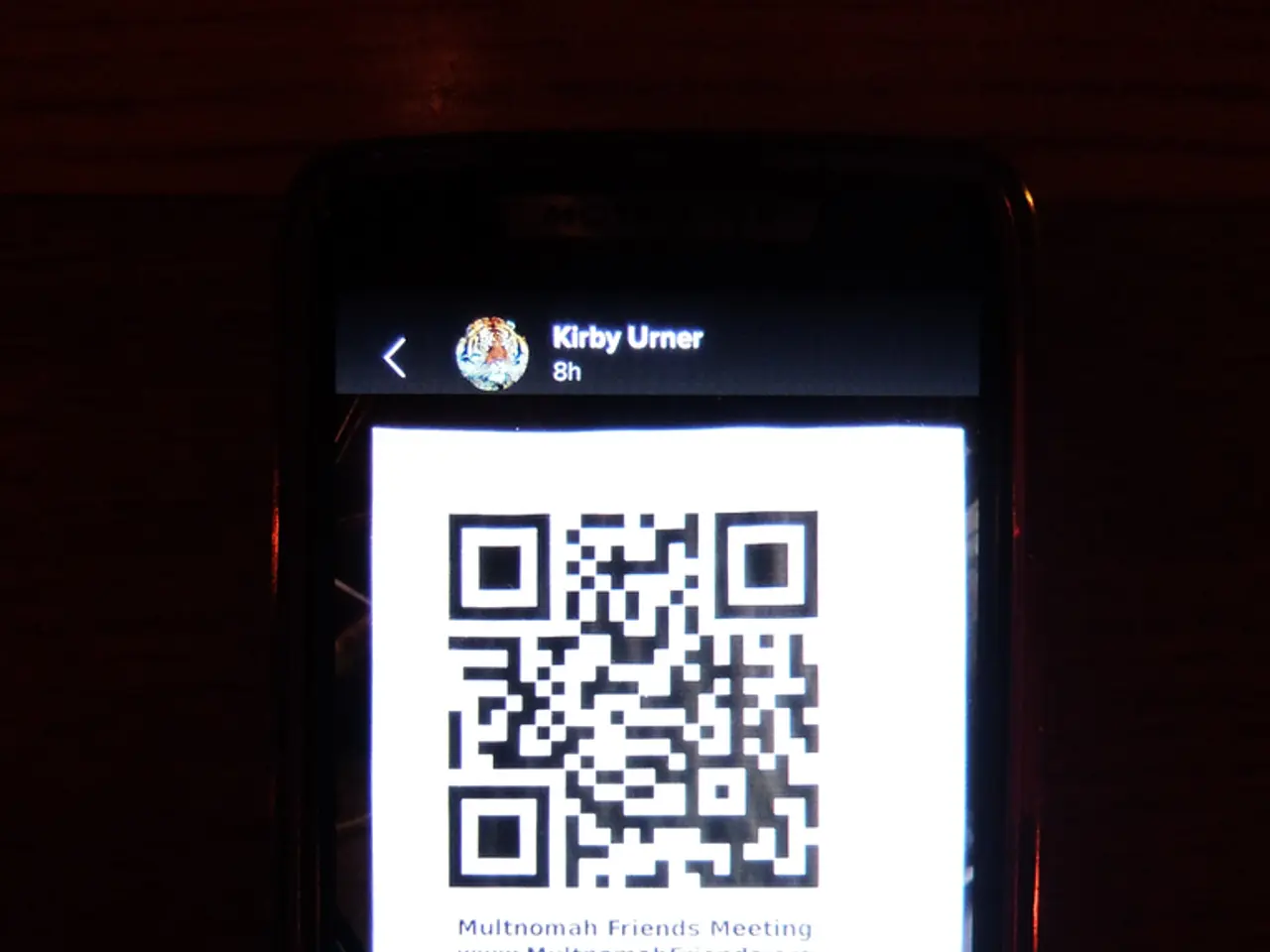QR code payment system now accessible for Kamchatka locals
**Kamchatka Krai Introduces Universal QR Code Payment System**
Residents of Kamchatka Krai now have a new payment option for everyday goods and services, as the region has implemented a universal QR code system. The system, developed by the National System of Payment Cards (NSPK), allows users to access various payment options, including the System of Quick Payments (SQP) and bank services, simply by scanning a QR code with their smartphone camera.
The universal QR code payment system offers several benefits, according to Alexander Butylin, Kamchatka Krai's Minister of Finance. Users can enjoy the advantages of their chosen payment method, such as bonus programs and cashback, while maintaining the freedom to choose their preferred payment option. However, it remains unclear if there are any fees associated with using the system.
The initiative forms part of Kamchatka Krai's regional program to improve the financial literacy of its population, which is included in the Strategy for Improving Financial Literacy and Developing Financial Culture, scheduled until 2030. While specific details about the universal QR code payment options in Kamchatka Krai are not clearly documented, some contextual insights can be provided based on Russia’s broader digital payment landscape and regional banking activities.
QR code payments in Russia are widely supported by major banks, including Sberbank, which holds a dominant position in the Russian card payments market (over 61% market share) and offers its own QR payment service called SberPay QR. Given Sberbank's extensive presence, it is reasonable to infer that such QR payment solutions, including contactless options, would be accessible in Kamchatka Krai, especially in urban centers.
There is ongoing competition and legal disputes related to QR payment technologies in Russia, indicating active development and adoption of digital payment methods nationwide, which could extend to Kamchatka. Regarding future plans for digital rubles, while no Kamchatka-specific plans are detailed, Russia has been actively exploring and piloting the digital ruble as a national digital currency to complement existing payment infrastructures. The centralised banks and institutions involved in advancing digital ruble projects frequently collaborate with regional banks and payment service providers, which likely include operations in Kamchatka.
The digital ruble is expected to integrate with QR code payments to facilitate universal, seamless, and secure transactions nationwide, potentially including Kamchatka Krai. To get the most accurate and localised information, checking with regional banks like Sberbank Kamchatka branches or official Kamchatka financial services might be required.
Consumers should request a confirming receipt, either in paper or electronic format, regardless of the chosen payment method. The universal QR code payment system does not provide details on how users can obtain or generate the code for their personal use. For the latest and most accurate information, it is recommended to consult official sources.
- The universal QR code payment system in Kamchatka Krai could potentially enhance the digital payment landscape in education-and-self-development, as it offers users flexibility and access to various payment options, including the System of Quick Payments (SQP) and bank services.
- As technology advances and digital payment methods become more prevalent, finance professionals may find it beneficial to explore the implications of the universal QR code payment system in Kamchatka Krai, particularly in relation to Russia's broader effort to develop a digital ruble as a national digital currency.




